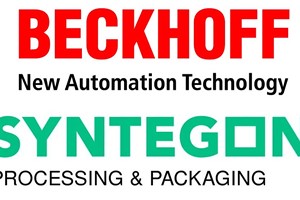In response to growing consumer demand for sustainable products and driven by increasing pressure to reduce greenhouse gas emissions, Kraft Heinz has embarked on a bold initiative to integrate green hydrogen technology into its manufacturing processes. This move comes amidst a global push towards decarbonization and underscores Kraft Heinz's commitment to achieving net zero greenhouse gas emissions by 2050.
The initiative involves a strategic partnership with Carlton Power to explore the establishment of a 20MW green hydrogen plant at Kitt Green, one of Kraft Heinz's key production facilities. Green hydrogen, produced from renewable sources such as wind and solar power, offers a promising solution for reducing carbon emissions as it generates no greenhouse gases during production. The proposed plant aims to replace 50% of natural gas usage at Kitt Green, resulting in an estimated reduction of 16,000 tonnes of emissions per year.
Central to the project is the utilization of an electrolyzer, a device that splits water into hydrogen and oxygen using renewable energy. This innovative approach not only reduces reliance on fossil fuels like natural gas but also sets a precedent for sustainable practices within the food manufacturing industry.
The potential impact of this initiative is significant, not only for Kraft Heinz but also for the wider industry. By embracing green hydrogen technology, Kitt Green stands to achieve substantial decarbonization, setting a benchmark for sustainability in food processing. Moreover, the move towards renewable energy sources aligns with consumer preferences for environmentally friendly products, enhancing Kraft Heinz's brand image and potentially inspiring other companies to follow suit.
However, several challenges lie ahead. Project approval hinges on various factors including local planning permissions, government funding, and final investment decisions. Additionally, while the adoption of green hydrogen represents a step in the right direction, broader solutions are needed to address the food processing industry's overall greenhouse gas emissions.
Scaling up green hydrogen production across the industry will require concerted efforts towards infrastructure development and cost reduction. Overcoming these challenges is essential for realizing the full potential of green hydrogen technology and achieving meaningful progress towards a more sustainable future for food manufacturing.
In conclusion, Kraft Heinz's collaboration with Carlton Power to explore green hydrogen technology exemplifies a proactive approach towards sustainability. By leveraging renewable energy sources and reducing carbon emissions, this initiative holds promise for driving positive change within the food manufacturing industry and contributing to global efforts to combat climate change.












